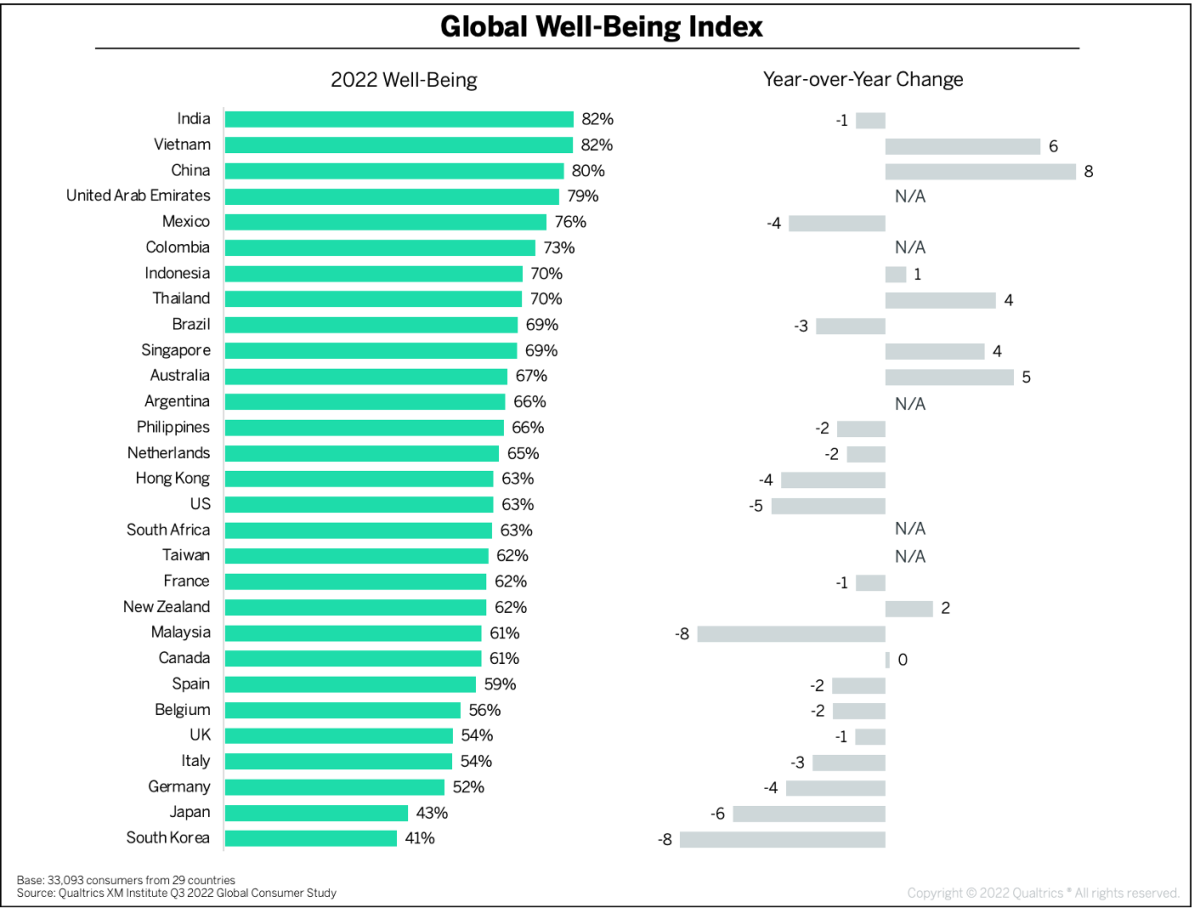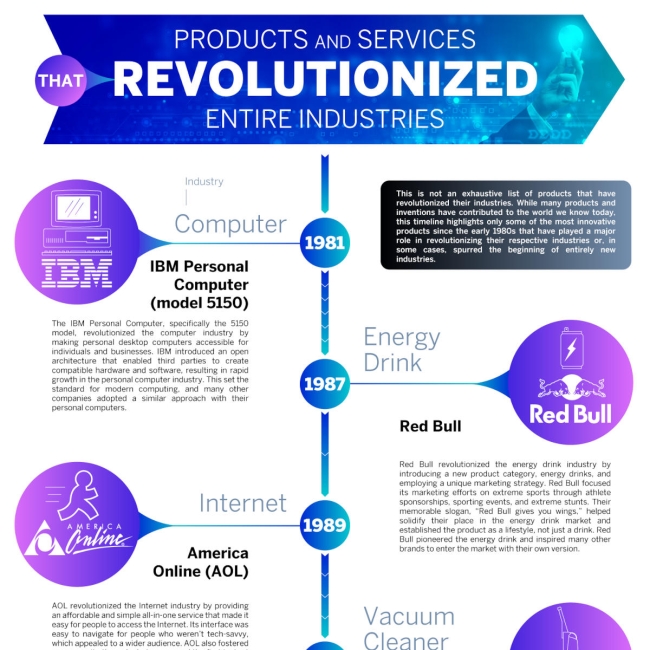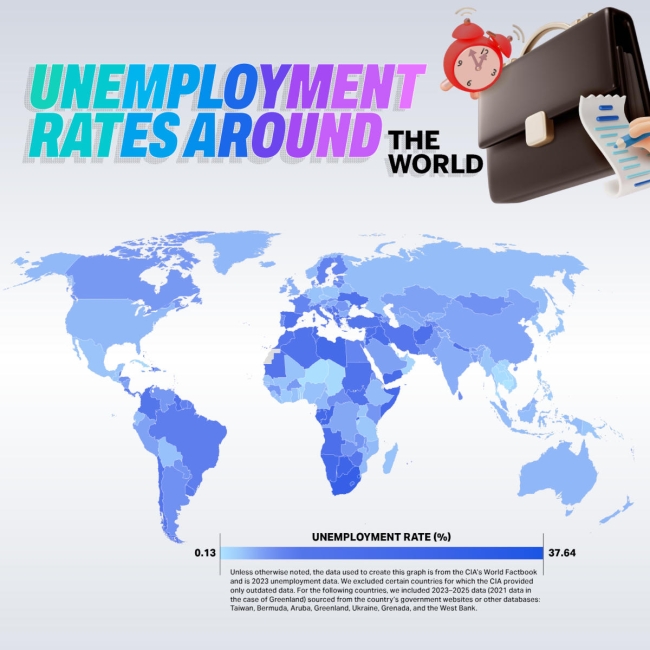Last year, we shared our first-ever global Well-Being Index (WBi), an average of three measurements representing the percentage of adults (18 and older) who agree with these statements (see the methodology section at the bottom of the post):
- I am typically happy
- I am healthy
- I am financially secure
In 2022, we asked these same questions and added five countries (Argentina, Colombia, South Africa, Taiwan, and the UAE). Our analysis examines this year’s results as well as the year-over-year changes in well-being for the 24 countries we previously reported on. We found that:
- India tops the Well-Being Index. For the second year running, India leads our Well-Being Index with a score of 82% along with Vietnam (82%), and followed closely by China (80%). South Korea and Japan remain at the bottom of the WBi, with scores of 41% and 43%, respectively. The 29-country average Well-Being Index score stands at 64%.
- Well-being widely declined. While the 29-country WBi score is relatively unchanged from last year’s average, the WBi across the 24 countries included in both studies declined from 64.6% to 62.8%, a drop of -1.8 percentage points. We also found that 16 of the 24 countries experienced a decline.
- South Korea and Malaysia declined the most. The largest drop in WBi was -8 percentage points, experienced in both South Korea and Malaysia. China had the highest increase, at +8 percentage points.

We examined the spread of all 29 countries’ WBi component scores for 2022 and learned that:
- Mexico is the happiest country. Mexicans most frequently agree that they are typically happy, at 86%. South Koreans (50%) and the Japanese (52%) scored lowest on the happiness component. Across all 29 countries, happiness averaged a score of 72%.
- The United Arab Emirates tops the healthiness component. Eighty-seven percent of Emirates say they are healthy, the highest score. The average score for healthiness across all 29 countries is 71%. Japan and South Korea are the least healthy, with healthiness component scores under two-thirds of the global average.
- Half of respondents feel financially secure. On average, just 50% of respondents across all 29 countries agree they are financially secure. Vietnamese and Chinese respondents report being financially stable most frequently, at 78%, while South Koreans (29%) and South Africans (31%) are least likely to do so.
When we dug deeper into the components of the WBi and their changes over the past year for the 24 countries included in both studies, we found that:
- Global happiness rose very slightly. The average happiness rating is 70.6%, which is a 0.6% percentage-point increase over last year’s score. Fourteen of the 24 countries experienced an increase, led by Australians who jumped 9 percentage-points from last year. Americans, South Koreans, and Malaysians reported the greatest decrease in happiness, with each dropping -4 percentage-points.
- Financial stability declined significantly. The financial stability component scored 49.0% across 24 countries, a decrease of -4.6 percentage points. Seventeen of 24 countries experienced a decline in financial stability, with South Koreans feeling the most acute decrease of -12 percentage points. Vietnam saw the greatest increase in financial stability, at 11 percentage points, followed by China, at +9 percentage points.
- Global health dipped. This year’s global health score came in at 68.9%, -1.4 percentage points lower than last year’s score of 70.3%. China saw the greatest increase in health, at +12 percentage points and was among nine of 24 countries that enjoyed an improvement in their health component score. Fourteen other countries reported a decline in healthiness, led by South Koreans at -8 percentage points and Malaysia at -7 percentage points.
The bottom line: We hope to see health, happiness, and financial stability on the rise globally next year.



